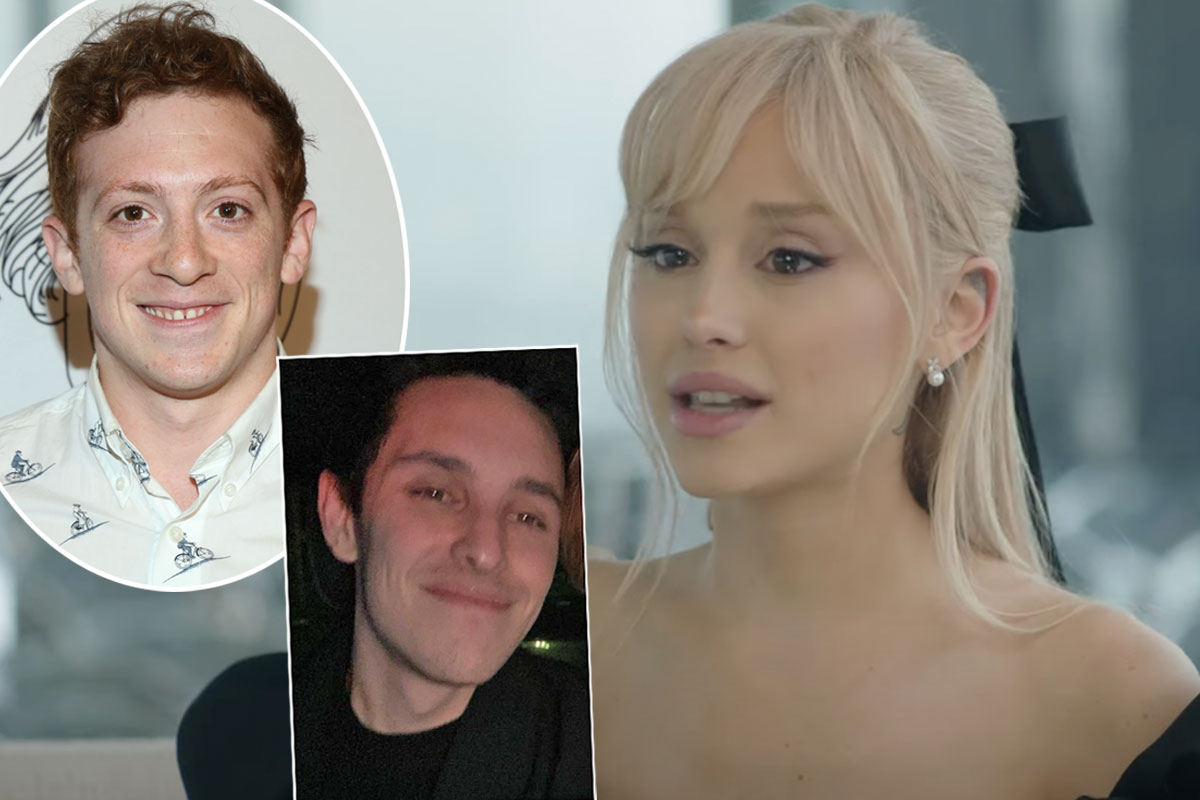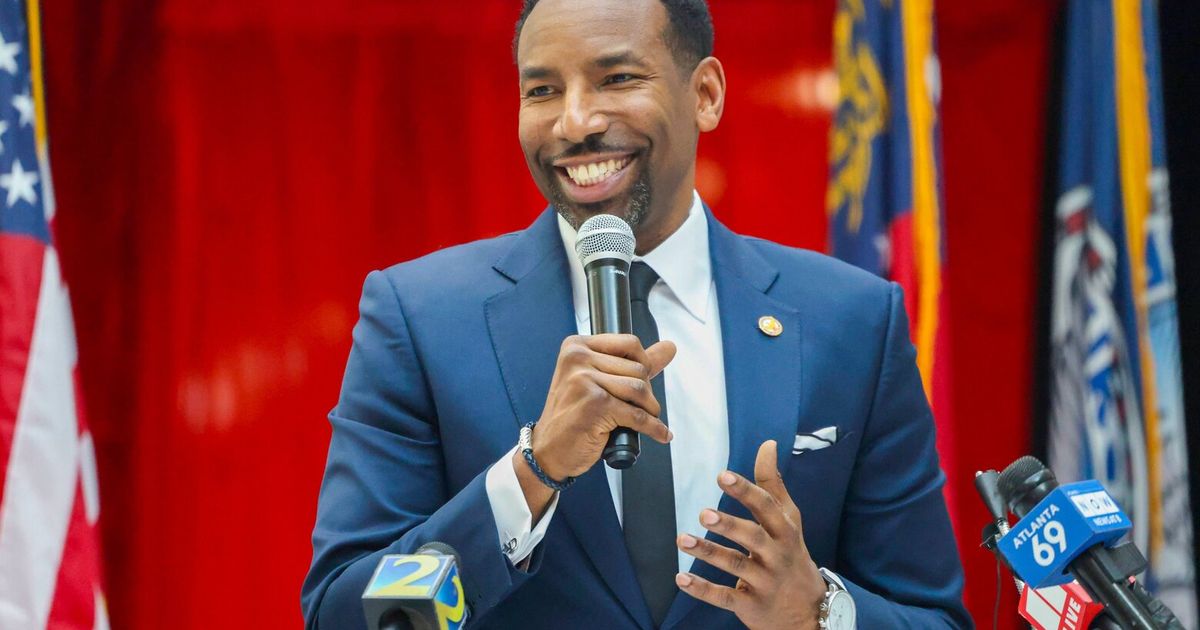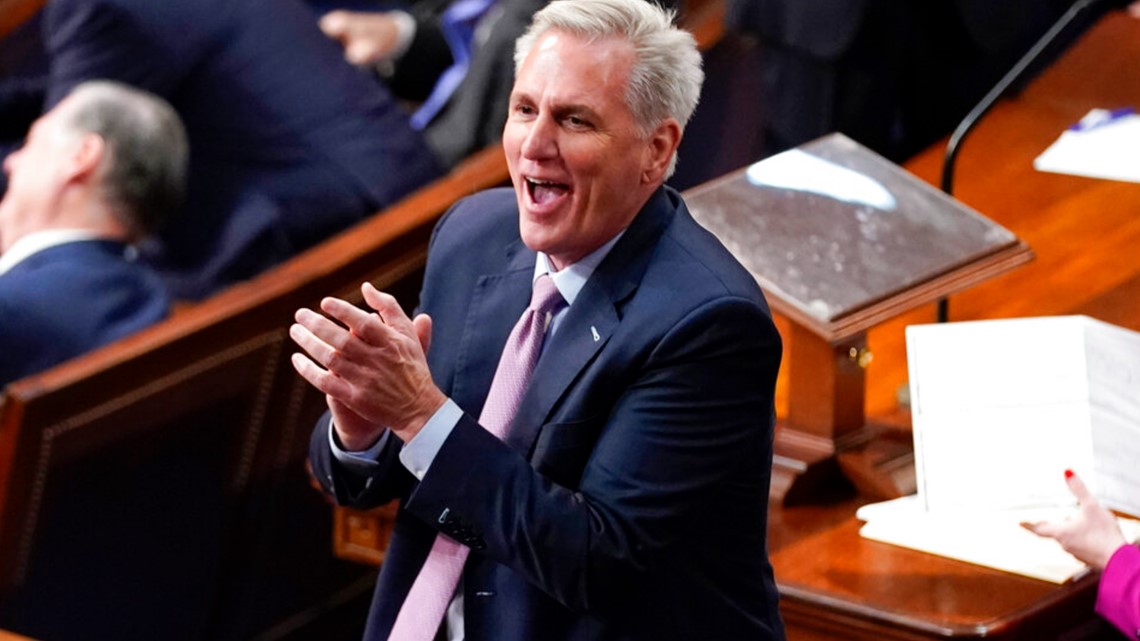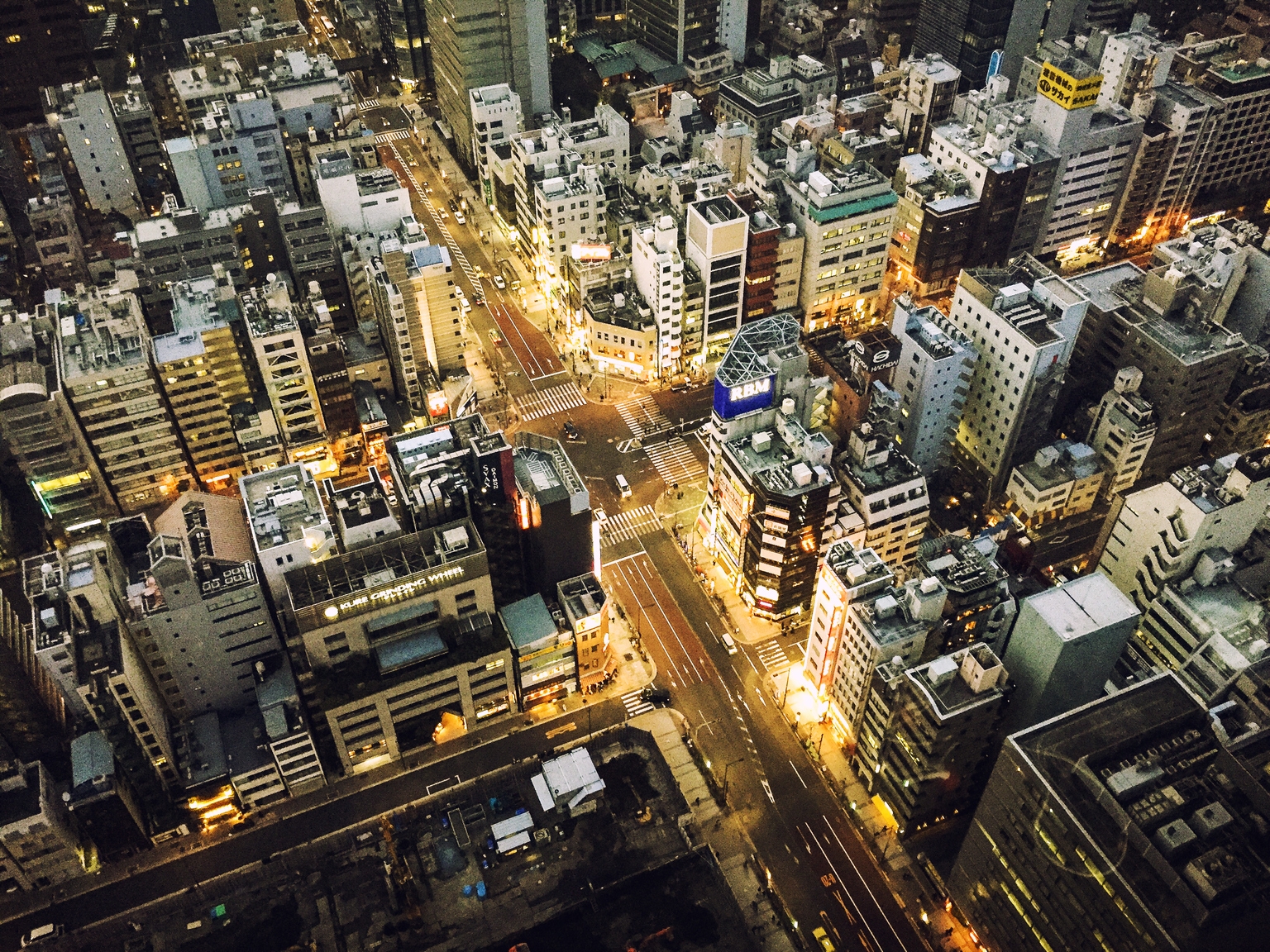In August 2022, a college professor in Maharashtra posted on a Whatsapp group his good wishes to Pakistan on its independence day. He also protested India’s revocation of the special status of Jammu and Kashmir. The police filed charges against him for “promoting enmity” between communities. Many months later, last Thursday, the Supreme Court threw out the case saying that Indians have a right to criticize the government, and to wish Pakistan on its independence day. We have become that sort of a nation where the Supreme Court has to listen to vacuous cases like this brought by a police force that is usually reluctant to register real complaints of women against molestation and harassment. The Supreme Court, in fact, said it is time to “educate our police” on freedom of speech.
It is a significant observation, but who is going to “educate our police”? That is the problem with the passive voice—you never get to know who has to perform the action denoted in the verb. Does the court envisage politicians taking the police aside and telling them, “Let people speak their minds, they have a right; democracy doesn’t mean the right to vote alone.” I don’t see it happening. In this paradise for the thin-skinned, every police station is in a race to book anyone who may have slighted the Prime Minister, his party, or any religion, caste, saint, language, or surname. Forget the police, the Bombay high court had refused to quash the FIR against the professor, saying, “In sensitive matters, any critical words or dissenting view must be expressed after proper analysis of the whole situation.” That was why the man had to go to India’s highest court.
The court’s observation will not alter the fact that India is silencing itself. Across society, no one knows what is safe to say. The last time this column covered free speech was a few months ago, when a senior leader of the Congress party was arrested for getting the Prime Minister’s name wrong. The column ended with this view: “There might be a Supreme Court ruling that will sound wise and modern, but harassments will go on.”
The Supreme Court indeed has passed yet another wise observation. But that is not going to inspire people to speak up. For that to happen, the idea of freedom of expression has to be made low-brow, it has to be de-intellectualized.
Free speech is an intrinsically esoteric freedom because it is an unnatural right that is contradictory to human nature. Not that humans don’t like to express themselves. Of all the animals, we speak the best by far, and the very idea of speaking is to state what is on our minds. But as a right, as a right to defy, annoy or insult powerful people, it simply did not exist for most of human civilization. Why would the powerful grant that? That is what makes it esoteric, like the right to privacy. It is too Westernized to become a mass demand in India. Also, it has terrible ambassadors—well-meaning intellectuals who are so unpopular today that they end up being bad ambassadors of everything they endorse.
Despite this, freedom of expression has the potential to become a mass right, like food and water. It is odd for me to say it today, because our freedom of speech has shrunk in the last decade or so. We were never a free society, but politicians and the media could say stuff and get away. This freedom did not come from the Constitution, as intellectuals claim. In fact, the founders of the nation were not big fans of free expression as an absolute right. Not Gandhi, not Ambedkar and not even Nehru, despite the story of his chiding a cartoonist who had not roasted him enough in his cartoons.
India’s actual freedom of speech was never framed as a formal freedom. It was a way of life. It originated in political campaigning and the seeming naturalness of the news media fairly reporting the words of politicians. India’s free speech came from the same place from where Indians still derive their right to drive on the wrong side of the road. From chaos, ambiguity and vast rustic informality. A part of that chaos has gone. We can still drive on the wrong side of the road, but we cannot say even truths about some things anymore. More than ever, the government is in fierce control of the country’s destiny, and many of the freedoms we once enjoyed because of our chaotic ways, have gone.
Even so, because freedom of expression was never practised in India as an esoteric ideal, it has a chance to go mainstream. In its heydays, it tapped into what is primitive in humans —simply the need to say stuff.
How to make this freedom low-brow? That would have something to do with how change happens in the first place. A society changes not because good guys win. They almost never do. A society changes when the second-rung tries to pull down the top-run by claiming to fight for the rights of the lowest rung. This is how the world changed, how slavery ended, how monarchy ended, how democracy grew. From the self-interest of the second-rung.
In a repressed society, telling a good joke commands a huge premium. Politicians who feel oppressed by the dominance of the ruling party can take a low-risk-high-return gamble by saying stuff no one can say anymore. Comedians and other kinds of entertainers whose works are not as high-investment as cinema, too, can take a shot. They can risk jail for ‘speaking’ entertaining truths about some sacred men. And we might just realize that the sacred are not as powerful as they first appeared.















